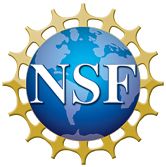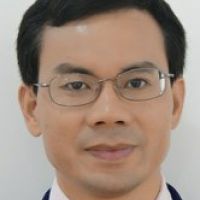Lin, 2012
Complex Soil Systems and Hydropedology: Bridging Time, Space and Systems (Invited).
Lin, H. (2012)
2nd International Conference on Hydropedology, Leipzig, Germany, July 22-27, 2012.
-
IML, Shale Hills, INVESTIGATOR
Abstract
Soil systems can be studied as complex systems because soils in the real-world are 1) open (with continuous inflow and outflow of mass and energy across various permeable boundaries), 2) multi-phase (with gaseous, liquid, solid, and living components interacting with each other, giving rise to feedbacks and adaptations), 3) non-linear (relationships among their constituents and functions), 4) self-organizing (evolutionary over time leading to complicated structures), and 5) hierarchical (with emergence of new behaviors or functions as scale changes from the microscopic to the mesoscopic, macroscopic, and me-
gascopic levels). From such a holistic and evolutionary point of view, this paper examines unique contributions that hydropedology can make to integrated soil and water sciences, especially in 1) bridging fast and slow processes to link soil functions and soil formation, 2) bridging soil structural units and soil-landscape units to link deterministic patterns and stochastic variability, and 3) bridging mapping with monitoring and modeling to link geographic and functional characterizations. Hydropedology is well positioned to build these bridges that can help close important knowledge gaps. Through addressing fundamentals and building bridges, hydropedology could potentially unify the theories of soil formation and soil function and may offer an appealing framework for coupling soil heterogeneity across spatial scales and soil change across time scales.
Citation
Lin, H. (2012): Complex Soil Systems and Hydropedology: Bridging Time, Space and Systems (Invited). 2nd International Conference on Hydropedology, Leipzig, Germany, July 22-27, 2012..
 This Paper/Book acknowledges NSF CZO grant support.
This Paper/Book acknowledges NSF CZO grant support.
Explore Further

